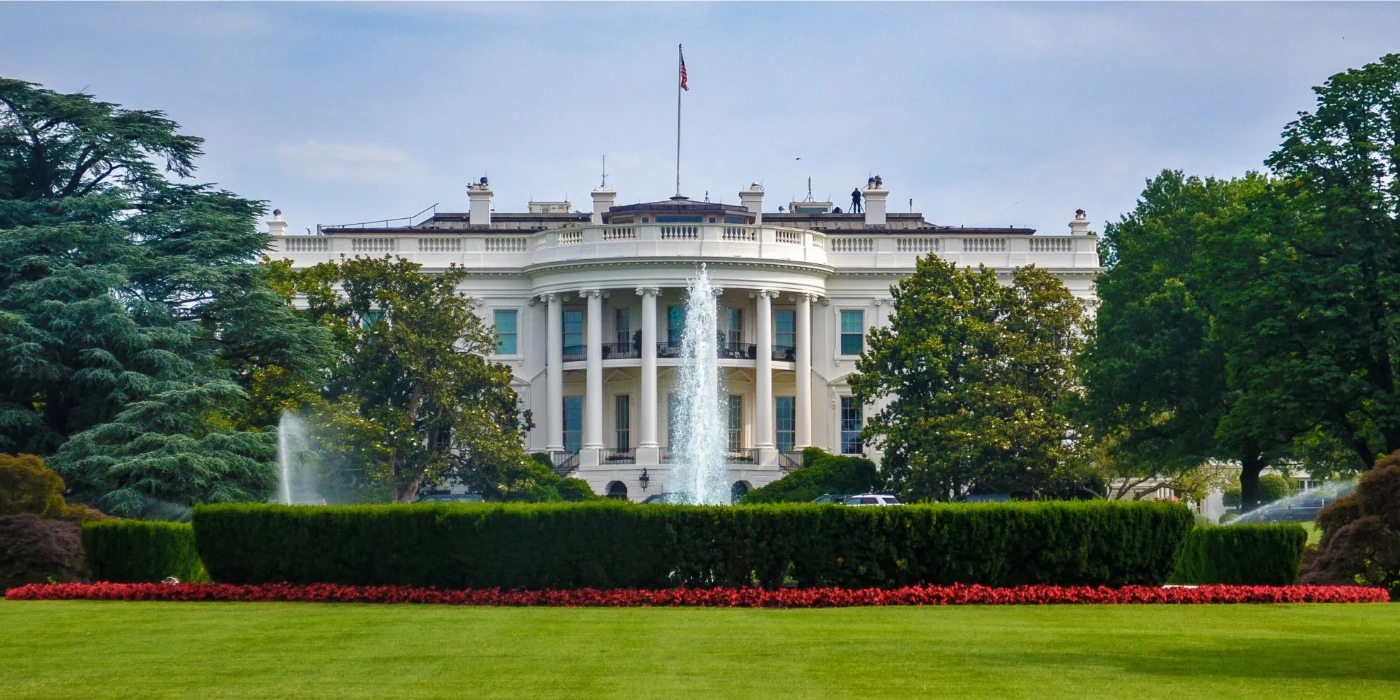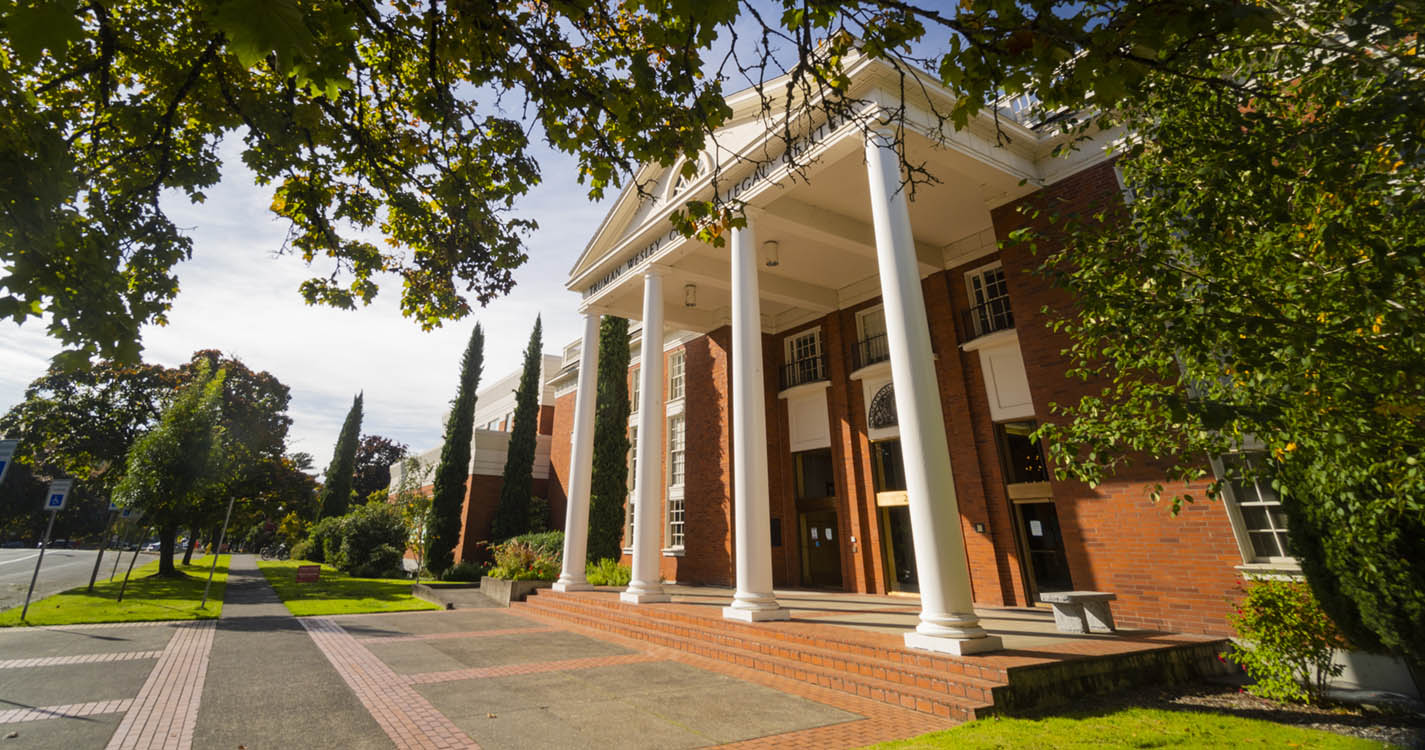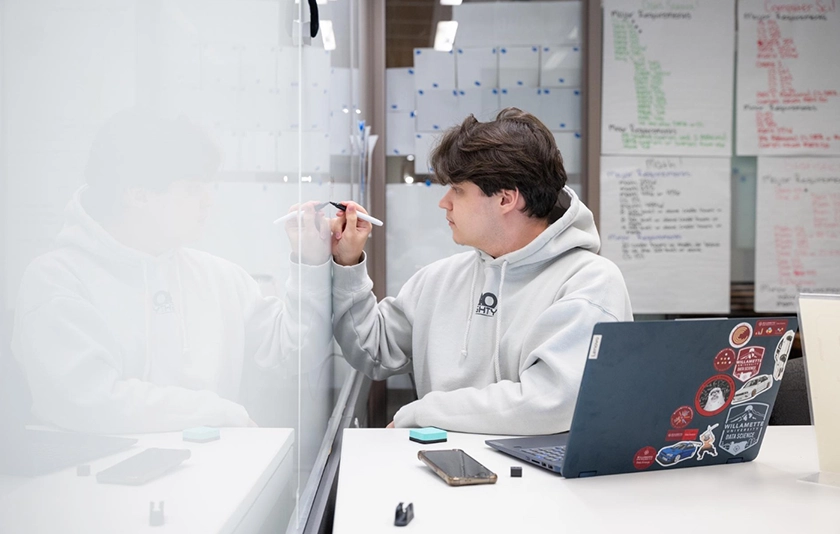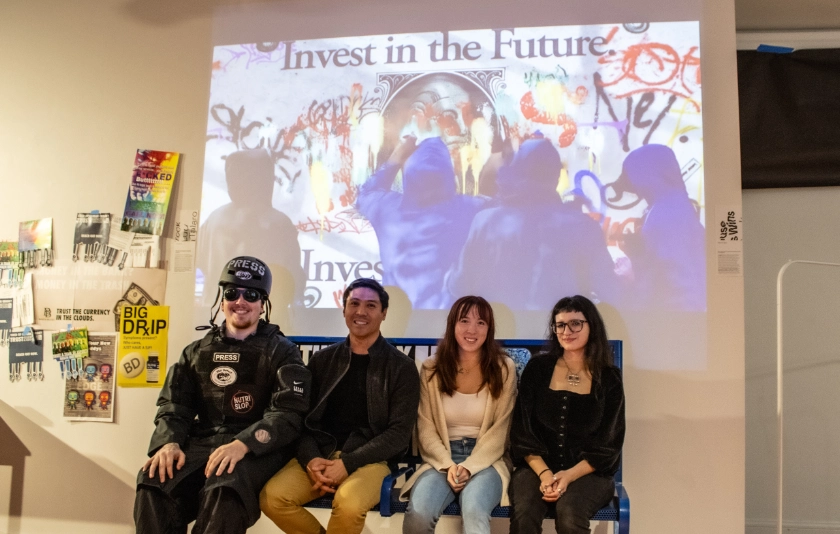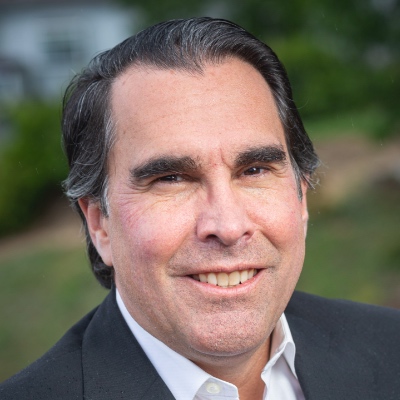
As the highly contested U.S. presidential election nears its conclusion with the Nov. 5 elections around the corner, Willamette University law professor Norman Williams anticipates that both parties will turn to the courts to either preserve their victory or challenge a loss.
Williams foresees dozens of legal challenges concentrated in swing states. “The states with a 15% margin of victory or more won’t have issues,” Williams says. “Instead, there will likely be challenges in about seven swing states and a congressional district in Nebraska where the vote counts are tight and decided by about a one percent margin.
Williams, the director of Willamette Law’s Center for Constitutional Government and a constitutional law expert, is one of a few scholars nationwide whose research focuses on the presidential nomination and election process.
Williams’s new course, a seminar on the law of U.S. presidential elections, examines how the two major parties choose their nominees, the rules governing that process, the electoral college and alternatives to that system, and reasons why the U.S. doesn’t have a nationwide primary and has a decentralized, state-by-state process instead.
The seminar has proven to be very popular. “It’s a timely course,” Williams says. “We hit the cap on the number of students in the course, and I agreed to waive it because there was so much interest.” Williams said he plans to offer the seminar during non-presidential election years.
Williams also teaches Elections Law, a course he first designed in 2008. “We’re the only law school in the state to have that course, which makes Willamette Law unique,” Williams says. The course includes discussions on the right to vote, ballot access restrictions, reapportionment and redistricting, and partisan gerrymandering, among other constitutional and statutory provisions regulating elections in the U.S.
Students also learn how to apply historical legal issues to the present with texts and legal principles that might date back to the 18th century. “Every week, the discussion is an engagement in what that means for 2024,” Williams explains.
Williams' expertise and enthusiasm for the subject matter make his courses engaging for both graduate and undergraduate students. Through his instruction, students gain exposure to governmental processes and are empowered to take an active, participatory role.
“I’m interested in questions of how we run our democracy — what are the rules that govern how we, the people, elect the governors, senators, and presidents who run the government?” Williams says. “I’m also interested in exploring the extent to which those rules are democratic, and how much say people have.”
“I try to convey to students that this is something that we all should be interested in as members of the republic.”
Hero Photo Credit: The White House
